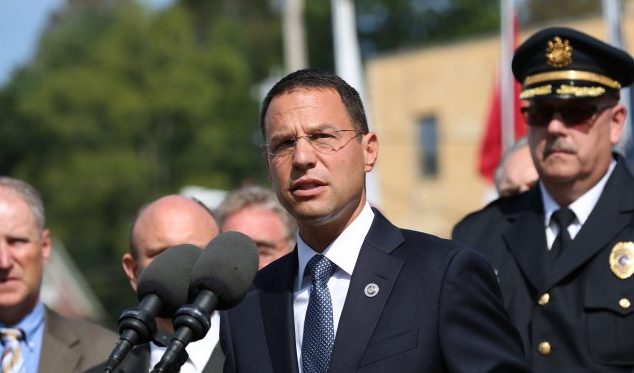Democrat Josh Shapiro wants Gov. Tom Wolf’s job, but he’s breaking with the incumbent’s politics — at least on one key energy policy. And now Pennsylvania legislators are responding to the attorney general’s opposition to Pennsylvania entering the Regional Greenhouse Gas Initiative (RGGI). “We need to take real action to address climate change, protect and create […]

